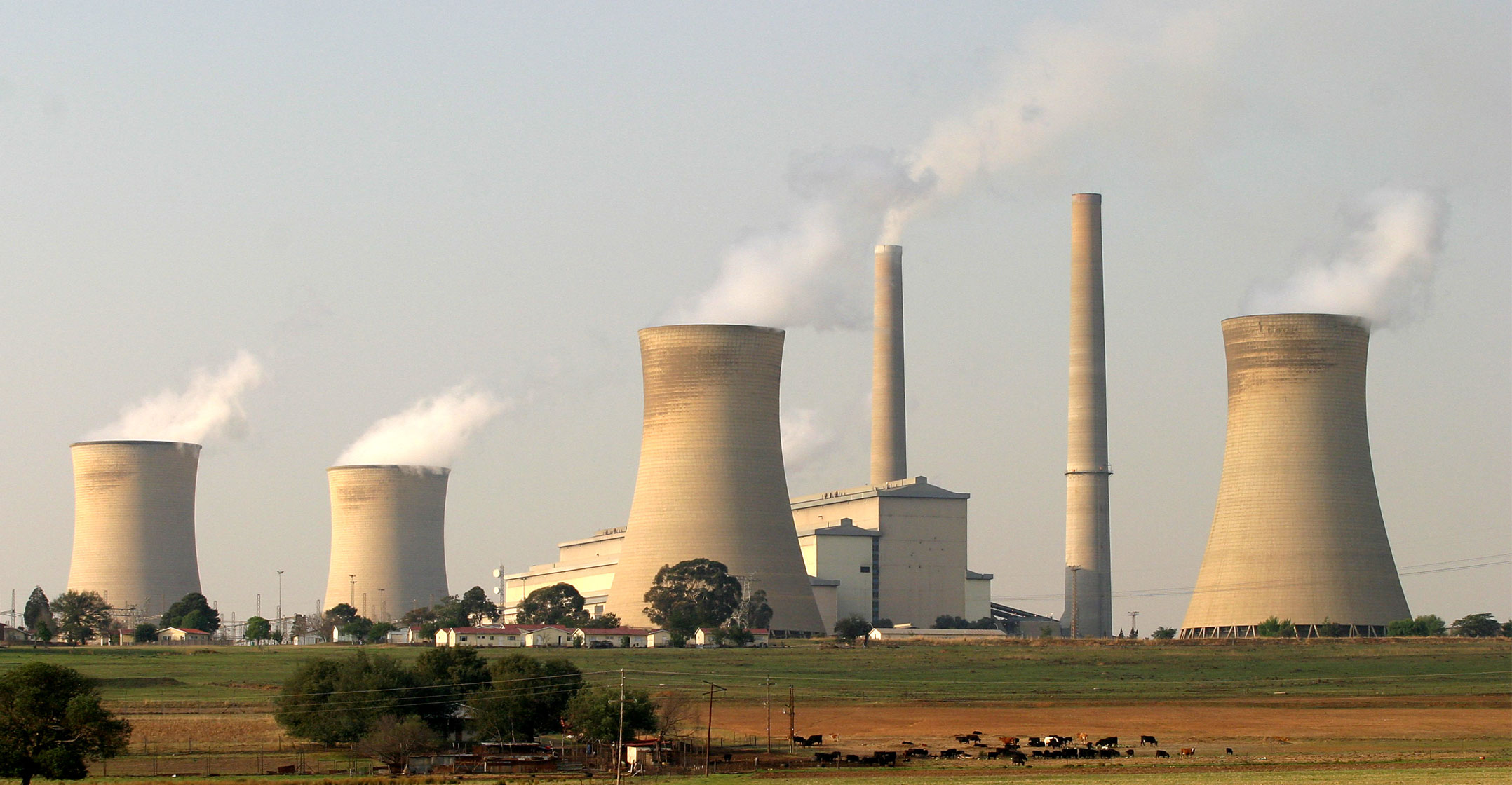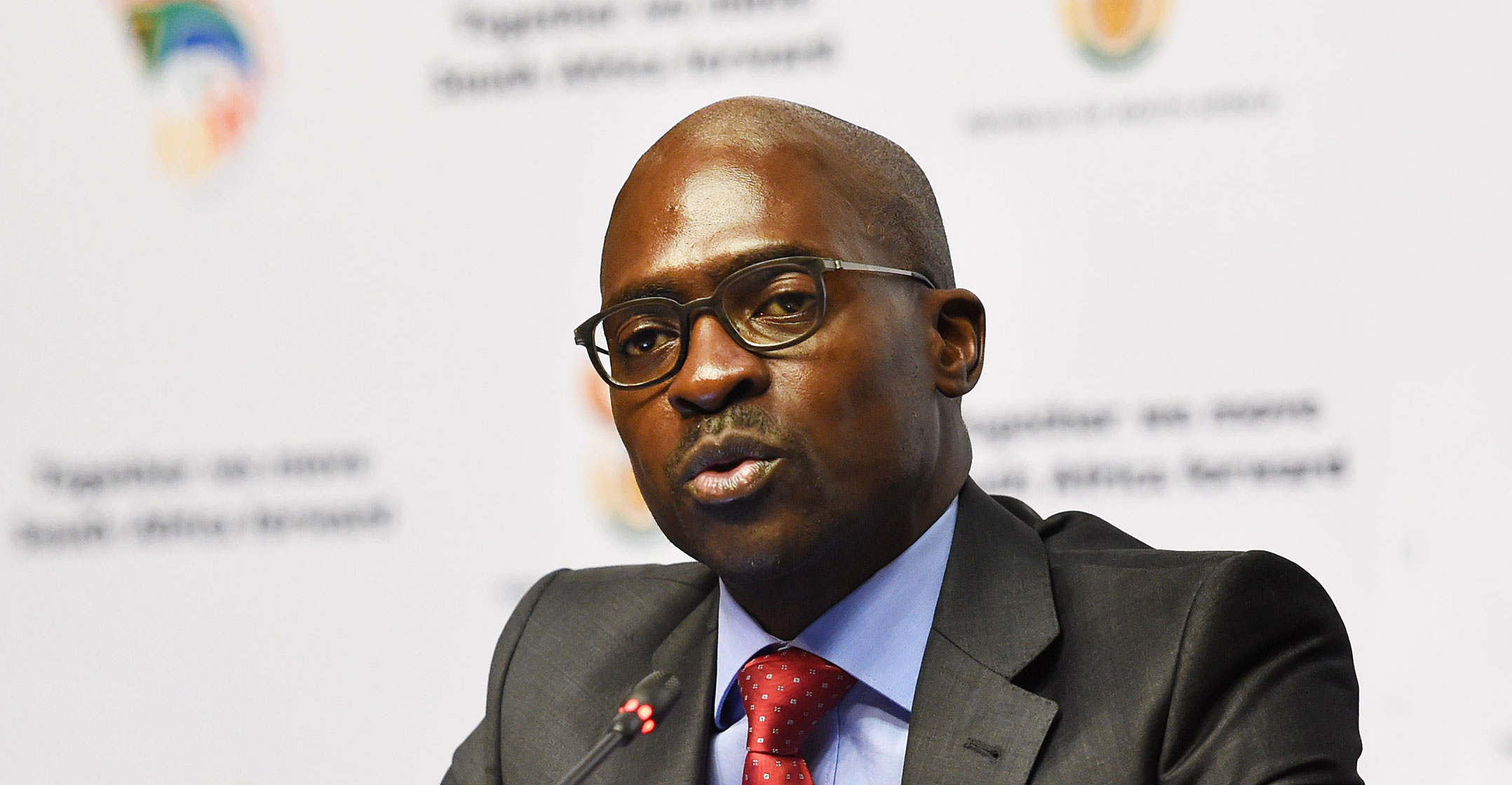
[dropcap]S[/dropcap]outh Africa will extend more support to beleaguered state-owned power utility Eskom and is considering selling assets as part of a 14-point plan to revive an economy that’s in its second recession in almost a decade.
The country will approach the energy regulator this month about the “hardship” Eskom is dealing with, and will develop a case for “soft support” of the electricity producer until its new tariffs are finalised next year, finance minister Malusi Gigaba told reporters in Johannesburg on Thursday.
Eskom is spending tens of billions of dollars on new power plants that are years behind schedule and is at the centre of allegations that President Jacob Zuma allowed the Gupta family to take advantage of their friendship with him to benefit from state business.
The economy tipped into recession in the first quarter as political uncertainty hampered implementing reforms. Two ratings agencies cut the nation’s debt to junk in April, citing politics and poor governance at state companies that increase reliance on government support.
“We’re expressing a deep appreciation of the weakening of the Eskom balance sheet,” Gigaba said. “Whatever we do now must not and will not breach the budget ceiling,” he said when asked about how much support the state is prepared to give the utility.
Electricity prices in South Africa have almost quadrupled since 2007. Eskom raised prices by an average 2.2% in the year that started in April and has asked the regulator to allow it to increase tariffs by about 20% next year. Inflation was 5.4% in May.

Eskom, which provides about 90% of the country’s power, had previously received a R23bn bailout from the government to help it resolve a power shortage in 2015 that curbed economic growth. The utility has about R323bn of outstanding bonds and loans, according to data compiled by Bloomberg.
South Africa has R477.7bn of guarantees available for public institutions, R308.3bn of which has been used, according to the February budget. Eskom is the biggest recipient, using R218.2bn of the R350bn available to it.
Action plan
The country’s plan to revive growth and stave off further ratings downgrades includes cutting the issuance of government guarantees and punishing state companies for not sticking to the provisions, Gigaba said.
It also seeks to set out by March how it can sell non-core state assets, he said.
Other points in the blueprint include appointing a CEO for South African Airways, the debt-laden carrier to which national treasury transferred funds at the start of July to avoid a default on its debt to Standard Chartered. SAA has R19.1bn in government guarantees. The appointment will be finalised at the next cabinet meeting that takes place mid-month, Gigaba said.
The country is likely to miss its 1.3% growth target this year and may have to curb spending to stick to its budget framework, Gigaba said on 15 June. He’s also pledged to maintain fiscal discipline to meet the budget deficit target of 3.1% of GDP this year.
“If we don’t recognise that we need to act with urgency in order to restore growth in the economy, we may find ourselves unable to meet our budget targets and having to seek assistance,” he said on Thursday. “Obviously we’re not there yet, but it is a stark warning and that’s why we’re responding in this fashion.” — Reported by Arabile Gumede, (c) 2017 Bloomberg LP




